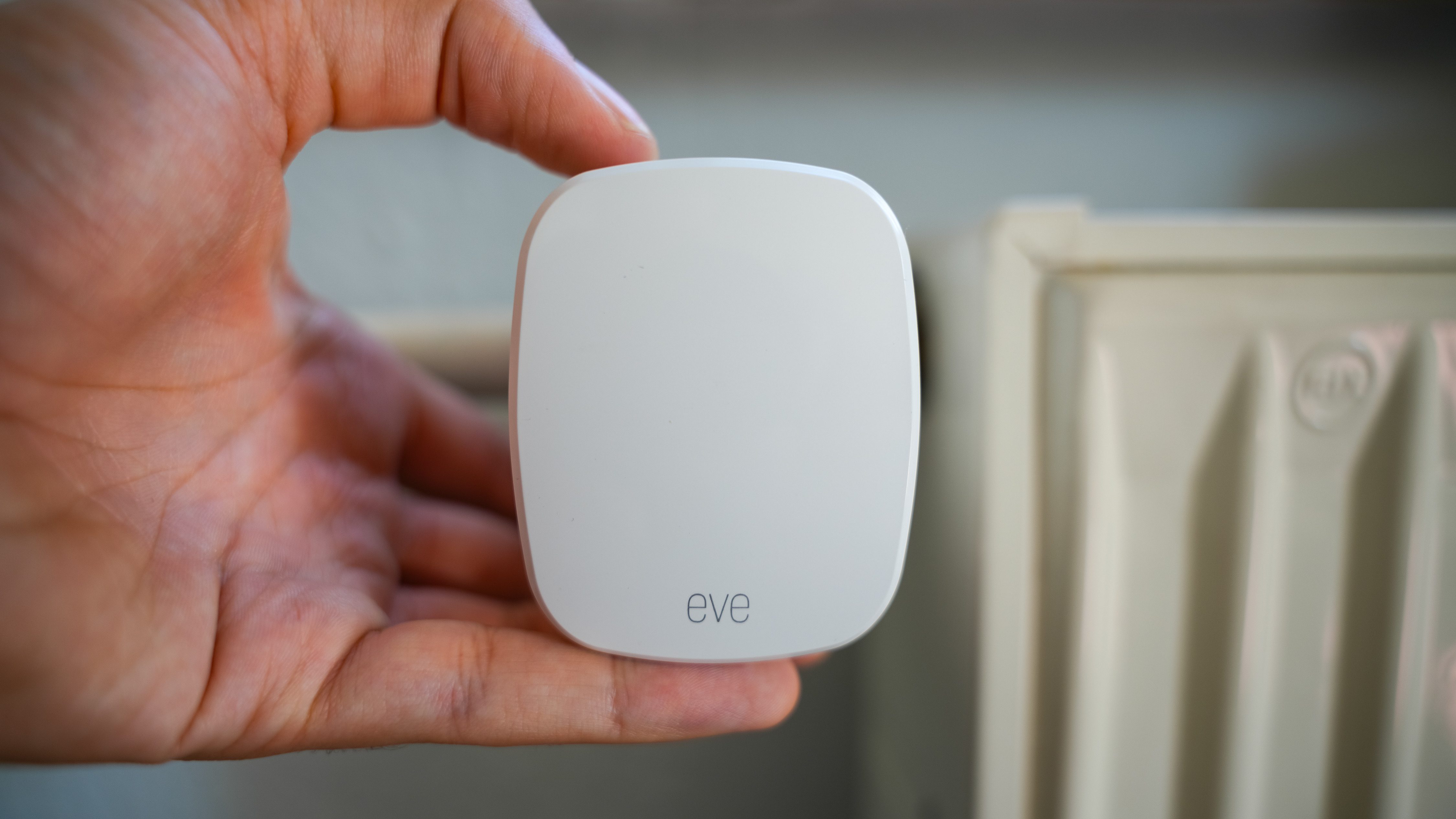
After several years of thankless work, Google Chrome’s Privacy Sandbox is finally coming to fruition. But, despite the inspiring name, Privacy Sandbox is just a targeted advertising scheme that’s built into Chrome. While this new user-tracking system is anonymous (and less invasive than the third-party trackers it’s replacing), it’s obviously very creepy to some people, and it’s baked into the Chromium engine. For this reason, Vivaldi is taking steps to block the Topics API, which is the crux of Privacy Sandbox’s user-tracking system.
The Topics API tracks your browsing habits to build a collection of your interests—things like “sports,” “music,” or “travel.” Upon visiting a participating website, Chrome will anonymously share three of these Topics to determine the advertisements you see. But Topics are deleted after three weeks, and they’re created from a list of just 300 items without private identifiers like race or gender. People can also opt out of Topics in their Privacy Sandbox settings, and the tracking system runs on your device, rather than being processed by some remote server.
In a new blog post, Vivaldi explains that its browser will block the Topics API’s local data collection setting, and it will not provide any UI for re-enabling the setting. In the event that a browser extension (or act of God) re-enables local data collection for you, Vivaldi will prevent the Topics API from sharing any of this private data with Google or websites.
This should come as no surprise. Vivaldi aggressively criticized the Topics API when it was announced in 2022, just as it criticized FLoC, the experimental precursor to this new baked-in tracker. As Vivaldi, Mozilla, and several other privacy advocates note, Google is simply closing a door for small advertising services while keeping the same door open for itself.
Vivaldi also mentions that Topics has “made our relationship with our users stronger,” which is a very interesting point. Third-party cookies are dying because internet users began seeking privacy solutions. Now that Chrome has a built-in tracker, how will privacy-minded users react? Will they simply adjust their Privacy Sandbox settings, or will they seek out a different browser?
Source: Vivaldi






